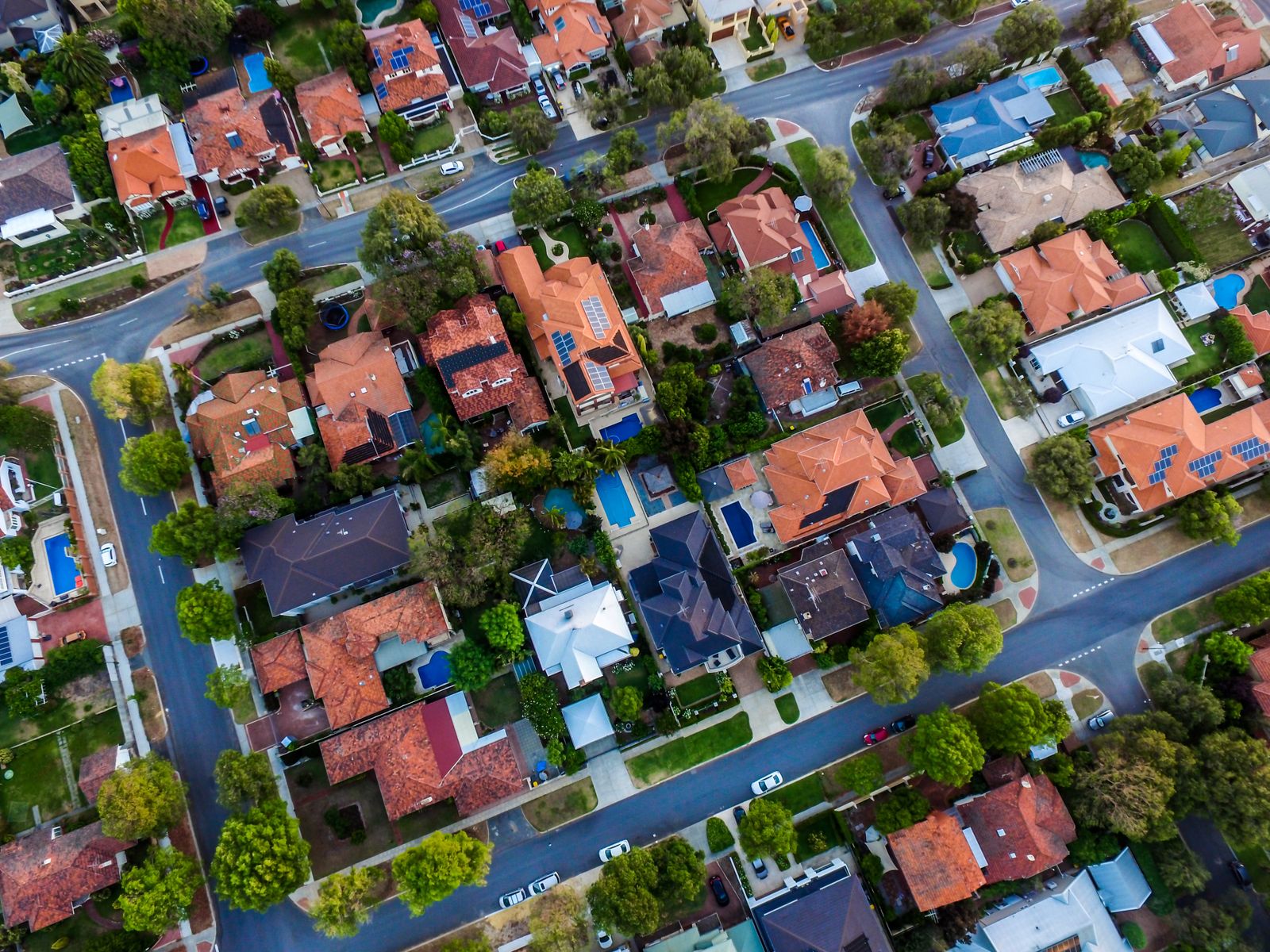
CoreLogic’s latest Home Value Index shows that while the housing market downturn has evened out with an annual growth rate of 2.2% across the country, more fresh stock is being added in capital city markets – promising more choice for buyers this spring.
Compared with August 2021, 13.4% more fresh housing stock was listed for sale in Australia’s capitals last month and the trend is running 6.5% above the five-year average.
Sydney & Melbourne show above average levels of homes for sale and the nation’s other capital cities are anticipated to follow suit as listings rise through spring and demand continues to taper.
Housing values declined a further 1.6% in August, with every capital city but Darwin now officially in downturn. Brisbane is the latest city to reverse its trend of rising values after nearly two-years of sustained growth.
After gaining 40%, regional price declines catch up to cities
Regional properties experienced strong prices growth throughout the pandemic but have now started to mirror the rates of decline being experienced across city real estate.
Values were down -1.5% in August, compared with -1.6% across the combined capitals, but after gains of 40% between March 2020 and March 2022 this would hardly concern regional homeowners.
The largest falls in regional home values have tended to be in the areas that are closest to cities; those that are the ‘most commutable’ according to CoreLogic. It’s no coincidence that these were the lifestyle areas that increased the most during the pandemic, so now there’s a predictable adjustment taking place.
Over the past three months, values are down -8% across the Richmond-Tweed, -4.8% across the Southern Highlands-Shoalhaven market and -4.5% across Queensland’s Sunshine Coast.

Seven regions bucking the trend
Across the 41 sub-regions analysed, just 7 recorded an increase in values in August. The northern suburbs of Adelaide saw an increase of 0.9%, Perth’s North East and Mandurah rose 0.6% / 0.5%, and the Coffs Harbour-Grafton region went up 0.6%.
Most owners well buffered against downturn
Across our capital cities and regional areas, home values remain 15% above the levels recorded in March 2020. The implication is therefore that most homeowners have a significant equity buffer before their home is likely to be worth less than what they paid.
With many homeowners having paid at least a 10% deposit and having paid down a portion of their principal, the risk of widespread negative equity remains low.
Housing prices are not anticipated to stabilise until interest rates find a ceiling and consumer sentiment starts to improve.
DISCLAIMER
The following advice is of a general nature only and intended as a broad guide. The advice should not be regarded as legal, financial, or real estate advice. You should make your own inquiries and obtain independent professional advice tailored to your specific circumstances before making any legal, financial, or real estate decisions. Click here for full Terms of Use.
